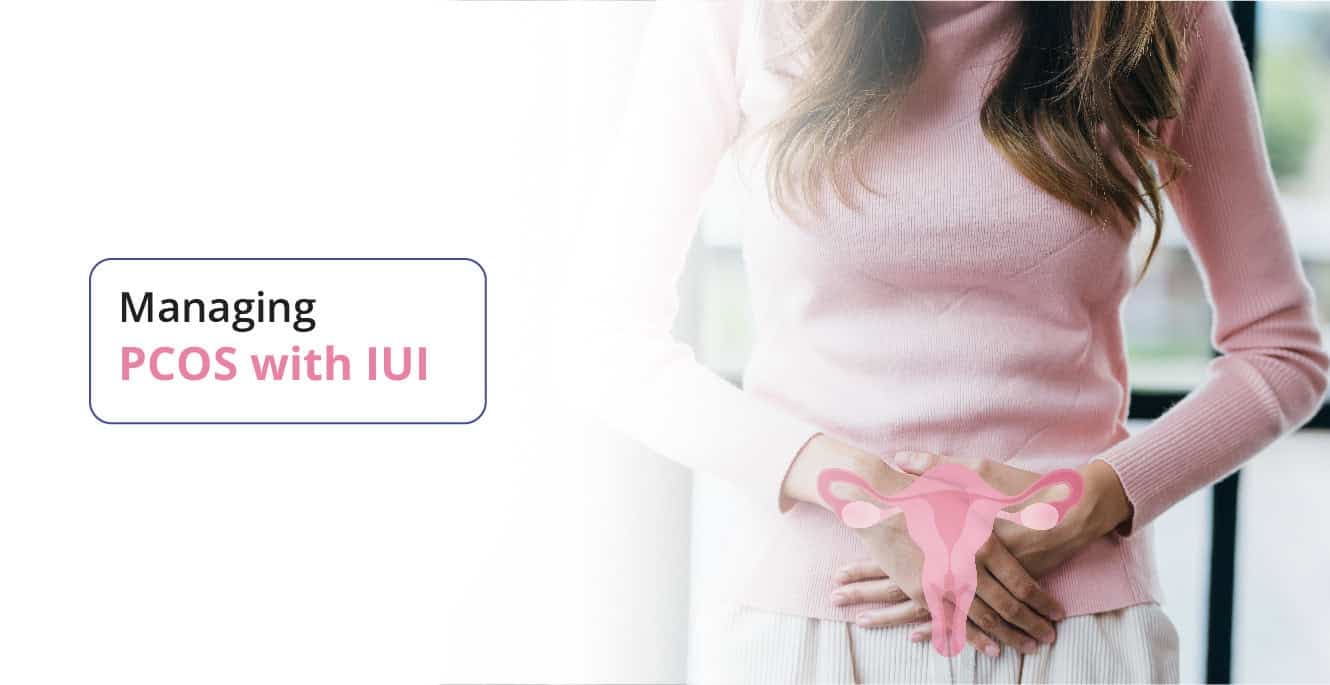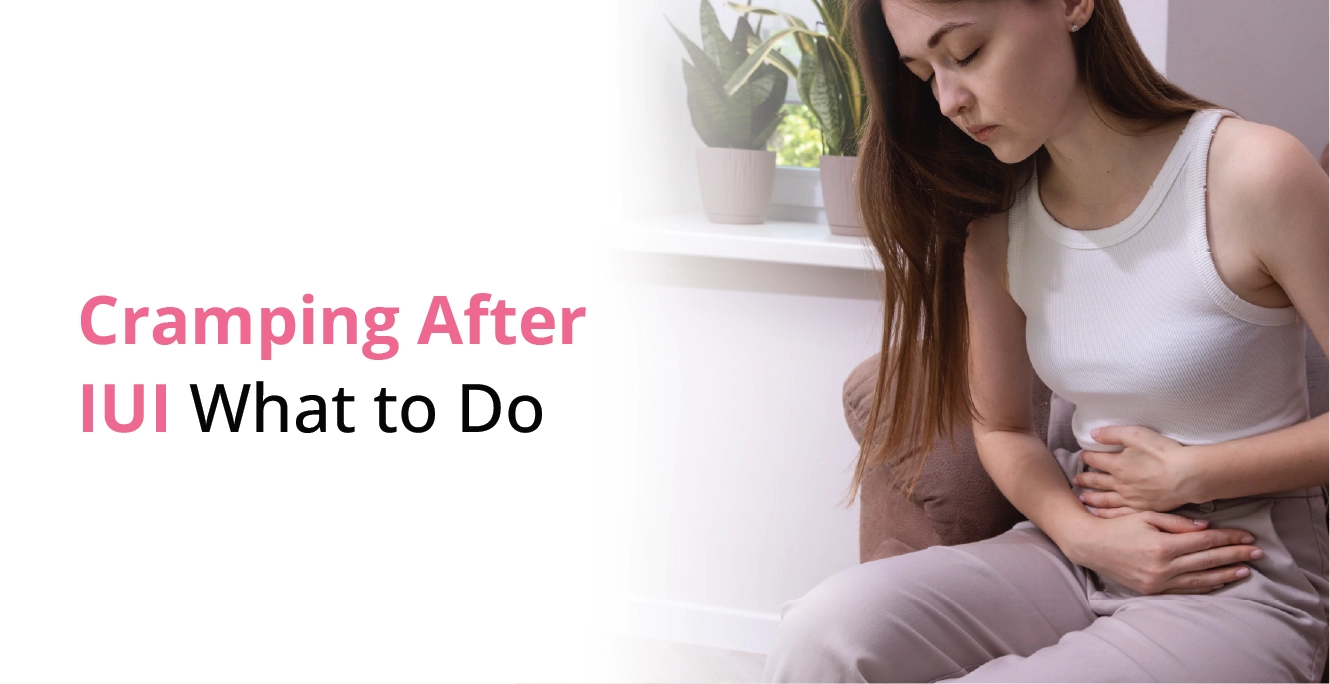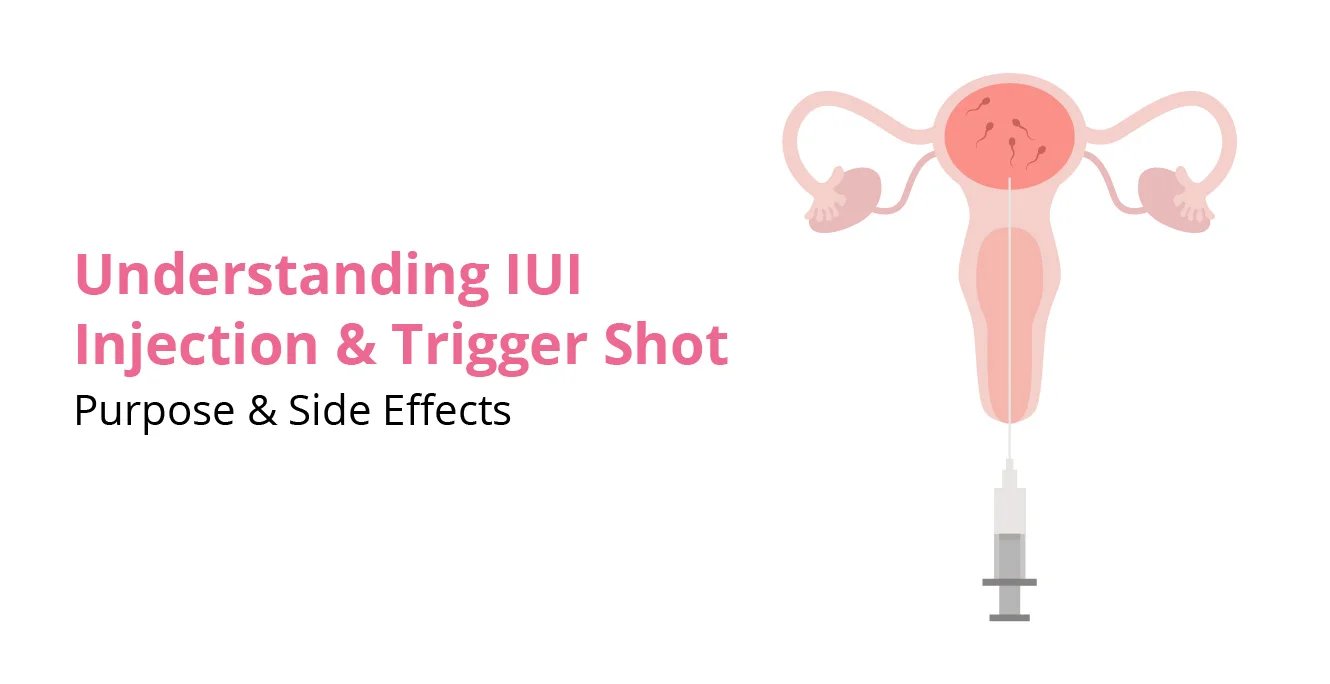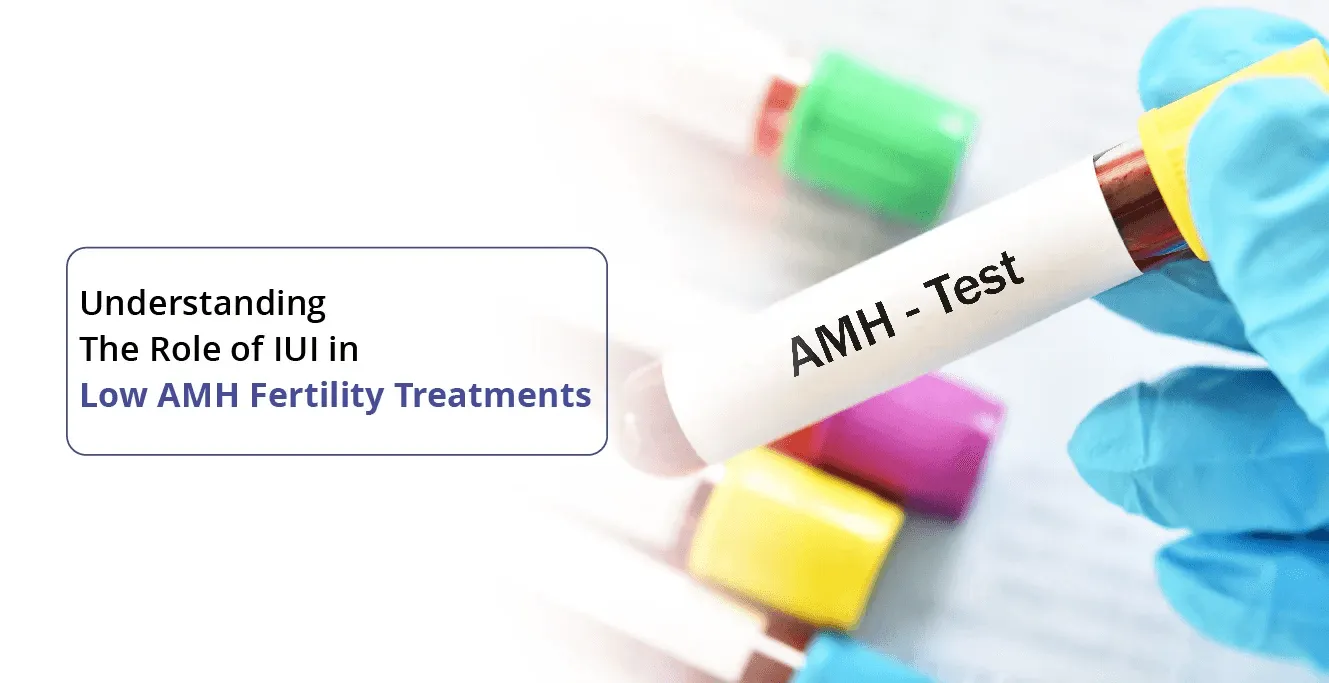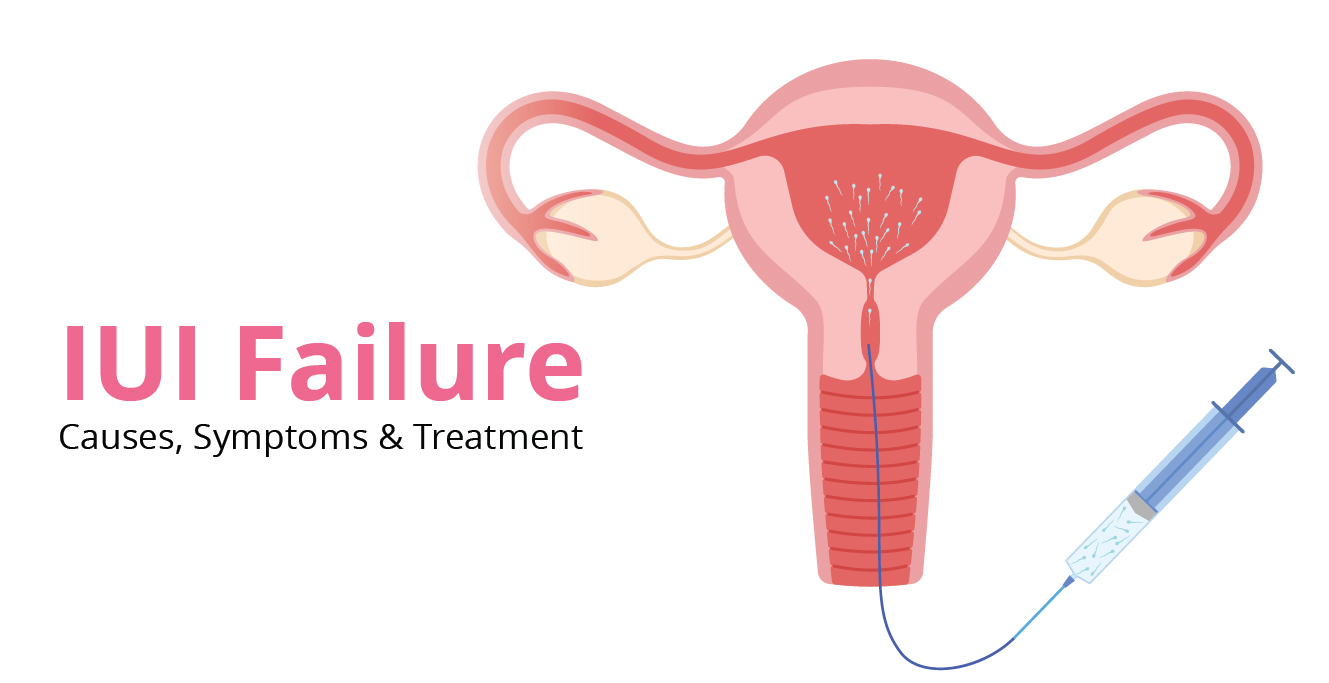Table of Contents
Polycystic Ovary Syndrome (PCOS) stands as one of the most prevalent endocrine disorders affecting women of reproductive age. It poses challenges to fertility due to irregular ovulation and hormonal imbalances. In the realm of fertility treatments, Intrauterine Insemination (IUI) emerges as a promising solution for women with PCOS. This comprehensive guide explores the intricacies of PCOS, its impact on fertility, and the role of IUI as a tailored treatment option.
Understanding PCOS and its Impact on Fertility
Defining PCOS:
PCOS is characterized by hormonal imbalances, irregular menstrual cycles, and the presence of small cysts on the ovaries. It affects approximately 5-10% of women of reproductive age, often leading to challenges in achieving pregnancy naturally.
Impact on Ovulation:
One of the primary challenges posed by PCOS is irregular ovulation or anovulation, where eggs may not mature or release regularly. This irregularity significantly reduces the chances of conception.
Hormonal Imbalances:
PCOS is often associated with elevated levels of androgens (male hormones) and insulin resistance. These imbalances further contribute to disrupted ovulation and create an unfavorable environment for conception.
Role of IUI in Managing PCOS-Related Infertility
How IUI Works:
Intrauterine Insemination involves placing sperm directly into the uterus, increasing the concentration of sperm in proximity to the egg. This method is particularly beneficial for women with PCOS facing challenges related to irregular ovulation.
IUI and PCOS:
Ovulation Induction: IUI is often coupled with ovulation-inducing medications to regulate and stimulate ovulation in women with PCOS.
Enhanced Sperm Placement: By placing sperm directly into the uterus, IUI bypasses potential cervical barriers, increasing the chances of successful fertilization.
The IUI Process for PCOS Patients
Ovulation Induction:
- Medication Protocol: Depending on the individual’s response, medications like Clomiphene citrate or letrozole may be prescribed to induce and regulate ovulation.
- Monitoring: Close monitoring through ultrasounds and hormonal assessments ensures precise timing for the IUI procedure.
Semen Preparation and Insemination:
- Semen Collection and Preparation: The partner’s semen is collected, processed, and concentrated to isolate healthy, motile sperm.
- Insemination: During the woman’s fertile window, the prepared sperm is introduced directly into the uterus through a thin catheter.
Post-Procedure Follow-up:
- Luteal Phase Support: Additional medications or hormonal support may be provided during the luteal phase to enhance the chances of successful implantation.
- Monitoring for Pregnancy: A follow-up includes monitoring for signs of pregnancy through blood tests and, if necessary, early ultrasounds.
Success Rates and Considerations
Success Rates:
Success rates of IUI in managing PCOS-related infertility can vary but generally range between 10-20% per cycle.
Multiple IUI cycles may be recommended to increase the likelihood of conception.
Factors Influencing Success:
- Age: Younger age often correlates with higher success rates.
- Ovulation Response: The woman’s response to ovulation-inducing medications plays a crucial role.
- Underlying Health Factors: Overall health and any additional fertility-related factors can impact success.
Lifestyle Modifications and Additional Considerations
Healthy Lifestyle Practices:
- Diet and Exercise: Adopting a balanced diet and maintaining a healthy weight can positively influence PCOS symptoms and improve fertility.
- Stress Management: Stress reduction techniques, such as yoga or meditation, may contribute to overall well-being.
Complementary Treatments:
- Acupuncture: Some individuals find acupuncture beneficial in managing PCOS symptoms and supporting fertility treatments.
- Nutritional Supplements: Certain supplements, under medical guidance, may complement fertility treatments.
Conclusion:
While PCOS can present significant challenges to fertility, advancements in reproductive medicine offer tailored solutions like IUI. The combination of ovulation induction, precise sperm placement, and post-procedure support enhances the prospects of successful conception for women with PCOS. Navigating the fertility journey with PCOS requires a holistic approach, addressing both medical interventions and lifestyle modifications. As science continues to advance, the path to motherhood for those with PCOS becomes increasingly navigable, providing hope and possibilities for the future.
Frequently Asked Questions (FAQ):
- How Does IUI Help Manage PCOS-related Infertility?
Answer: IUI, or Intrauterine Insemination, aids in managing PCOS-related infertility by enhancing the chances of conception through targeted sperm placement and ovulation induction.
- Is IUI the Only Fertility Treatment for PCOS?
Answer: While IUI is a commonly recommended option, other treatments, including medications and lifestyle modifications, may be considered based on individual needs and circumstances.
- What Role Does Ovulation Induction Play in IUI for PCOS?
Answer: Ovulation induction is a key component of IUI for PCOS. Medications are used to regulate and stimulate ovulation, increasing the chances of a successful pregnancy.
- What Are the Success Rates of IUI in Managing PCOS-related Infertility?
Answer: Success rates vary, but generally range between 10-20% per cycle. Multiple IUI cycles may be recommended to improve the likelihood of conception for women with PCOS.
Our Fertility Specialists
Related Blogs
To know more
Birla Fertility & IVF aims at transforming the future of fertility globally, through outstanding clinical outcomes, research, innovation and compassionate care.
Had an IVF Failure?
Talk to our fertility experts

 Our Centers
Our Centers


